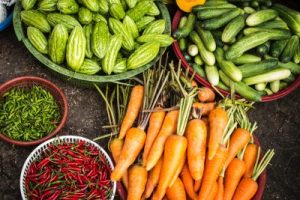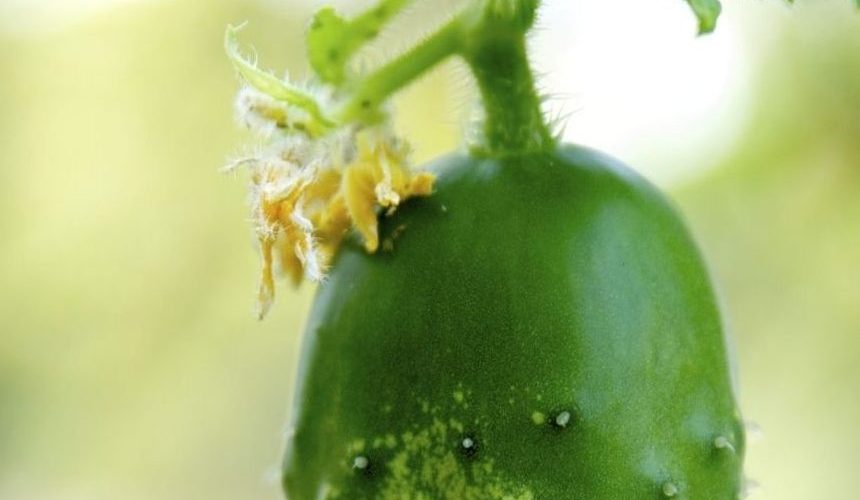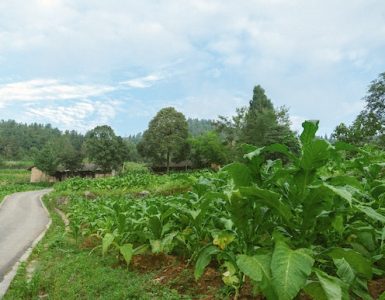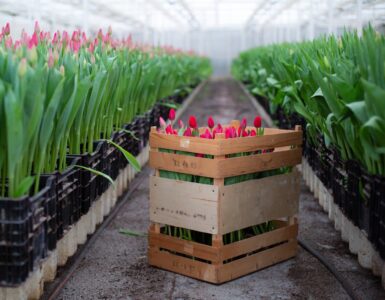Including vegetables from your garden will not only wonderful addition to your meal but will be organic, chemical-free, and easily accessible.

We have selected these vegetables which are conducive to places that receive a good amount of sunshine. You can also feed these plants with natural compost made with food waste.
Here is a list of 7 vegetables to grow at home that you can easily set up in your garden. Grow them in your balcony, rooftop, or kitchen garden.
Tomato
Tomatoes are usually the first veggie many newbie gardeners grow from seeds.
You can easily grow tomatoes from seeds. You can plant seeds in small pots/cups and once they germinate you can transplant the little plants to a bigger container or ground.
Tomatoes like to be exposed to direct sunlight, hence select the location that receives the maximum amount of sun in your home. In addition, water your Tomato plant daily so that the soil remains moist.
Tomatoes offer many health benefits, including healthy skin. They are a great source of antioxidants, vitamin C, potassium, and vitamin K.
Chili
Like Tomatoes, Chilis is also an easy vegetable to grow at home.
You can germinate chili seeds in a pot that contains organic soil. Once the plant grows, you can re-pot the chili plants or transfer them to your garden, in a place that receives enough sunshine.
Chilies do not need a lot of water and you should water only when it is necessary, instead put organic compost once a month, which would help its vegetative growth.
Chillis are not only a flavorful addition to your meals, but they contain high amounts of vitamin C and antioxidants which prevent many diseases.
Bitter gourd
Plant bitter gourd by sowing seeds 1 inch deep in the soil at a location that receives a good amount of sunshine. For better results, you can soak seeds in water for one day before sowing. Keep two seeds at a distance of at least 1 foot to give them enough space to grow their vines. Provide support to the plant as the vines can grow quickly.
Water the plant frequently, so that the soil remains moist, and regularly add manure to grow healthy bitter gourd. The plant will be ready to bear the vegetable in about 2 months.
As the name suggests bitter gourds are obviously bitter but they are an excellent source of iron, Vitamins A & C, and potassium which help regulate blood sugar levels.
Mint
Mint is one of the best herbs/vegetable plants for a gardener who is starting a new one. Apart from adding flavors to your meal, mint offers great health benefits. The mint is known for its soothing effect on the stomach.
The best way to grow your mint plant is by taking a cutting from a pre-existing mint plant. As mint is a fast-growing plant, therefore it is advisable to keep it in a container with boundaries so it remains confined to its space.
Mint needs adequate sunlight and is to be watered regularly to keep their soil moist.
Cucumber
Cucumber is a great addition to your food, it can be eaten in its raw form as a salad or a snack.
Put the seeds into the moist soil and they will germinate in 5-10 days. For better results, soak cucumber seeds in water overnight before sowing them.
If you are growing cucumbers in a container, choose a container that is big enough to hold about 20 kg of soil. As the plant is a creeper, and hence you need a trellis arrangement for it to support its branches. Keep the plant in a place that receives enough sunshine.
Brinjal / Eggplant
Brinjal seeds would need to be planted in a large container and place which receives adequate sunshine. The plant takes a comparatively longer time to germinate about 15 to 20 days. Water your parent regularly to keep their soil moist.
Brinjal is often referred to as the king of vegetables, probably because of its many health reasons – prevents cancer, helps in maintaining blood pressure levels, and keeps cholesterol levels in check, among many other benefits.
Lettuce
Lettuce is one of the easiest vegetables to grow at home, just sow some seeds in a soil container that has a wide mouth (we grew them in a thermocol container that came as part of a delivery parcel). Keep the seeds at about 1-2 inches apart and add some organic manure on top.
Lettuce takes about 7 to 10 days to germinate and can be usually harvested within a few weeks of planting the first seeds.
Here is an interesting article on growing lettuce using hydroponics.
These are some of the easiest vegetables to grow at home, and they just need a little care, sunlight, water, and your love.
Here is a small video, if you want to share it with your friends.






Add comment